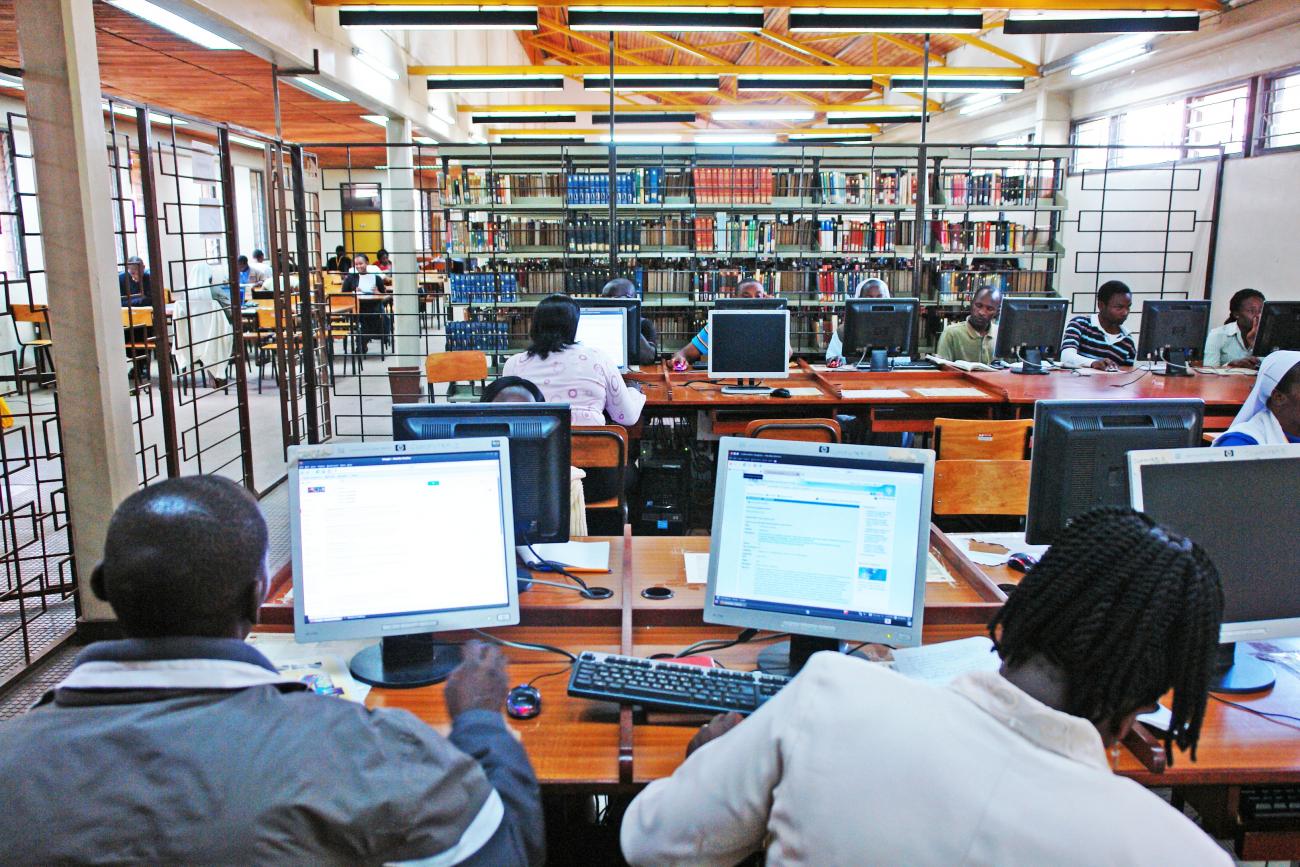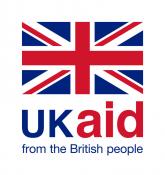
Programme for Enhancement of Research Information (PERI)
The Programme for the Enhancement of Research Information (PERI) was INASP’s flagship programme for 10 years (2001-13). The programme formally ended in March 2013 but many aspects of it have been continued under new programmes, in particular the Strengthening Research and Knowledge Systems (SRKS) programme.
PERI worked to strengthen research and knowledge systems in developing countries with the aim of having research information inform social and economic development in the south. The programme focused on capacity building at every stage of the research-communication cycle including access, availability, dissemination and uptake, supporting partners in over 60 countries with active programme work across 22 countries.
The programme’s intended outcome was that within targeted developing countries an enabling environment for research communication would be developed, owned and driven by a sustainable local network of partners.
The programme focused on three core areas:
- Strengthening organisational performance and the capacity to design and deliver training programmes that meet the changing needs of key sectors of the research information and knowledge system
- Strengthening networks through resource sharing opportunities, clear advocacy messages, peer support, experience sharing and continuing professional development opportunities
- Strengthening national or regional bodies active in the research information and knowledge system
Achievements
- 30+ international publishers providing low-cost access to online journals in more than 25 developing countries, benefitting almost 2,000 universities, as a result of INASP negotiations
- Publishers for Development (PfD) conference and forum established to proactively manage relationship with publishers and reinforce importance of their contributions
- University librarians trained in more than 100 university libraries to manage digital libraries and provide training on use of resources to student and academics
- Library consortia supported to set up and start managing e-resources on a national basis.








